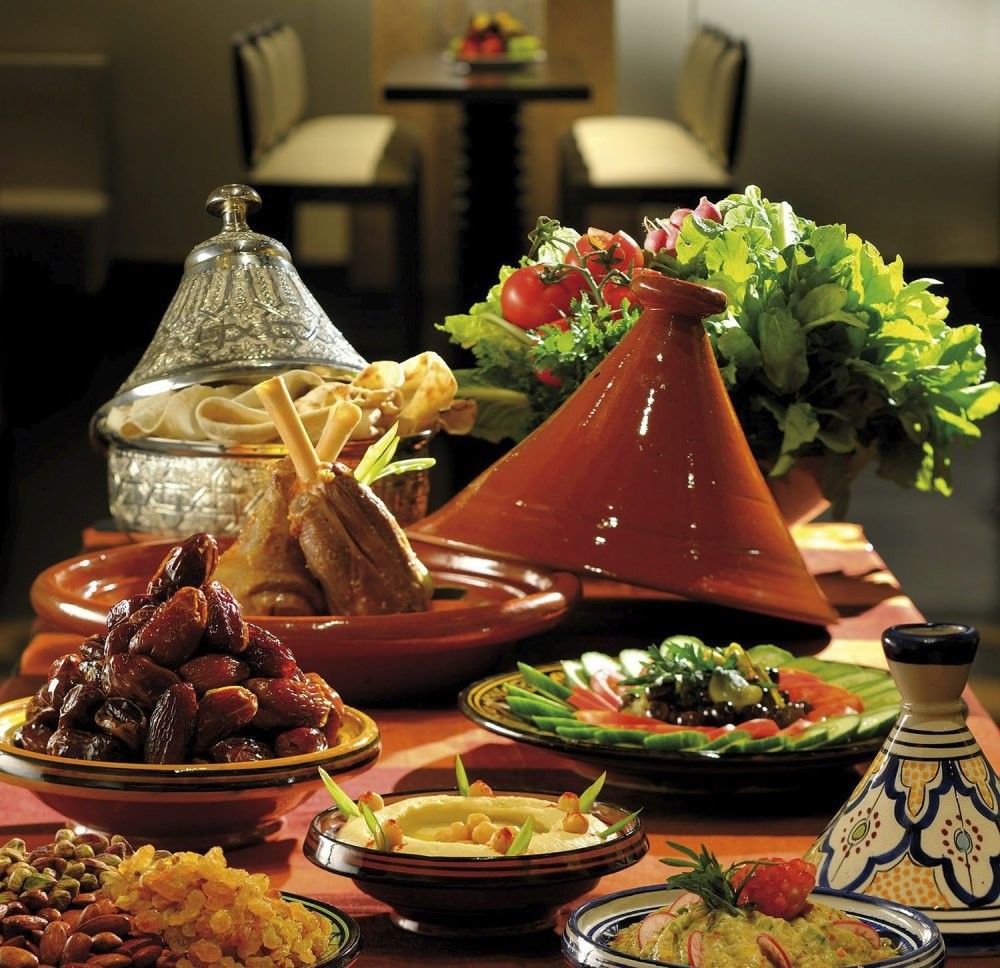Your guide to healthy fasting in Ramadan

Eating right in Ramadan can be an uphill battle as fasting becomes much harder with rising temperatures for practicing Muslims. These are some easy-to-follow nutrition tips to follow during Ramadan to allow you to fully benefit from fasting
The first week of the Islamic holy month of Ramadan has already passed. From dawn to dusk, Muslims around the world willfully abstain from ingesting solids and liquids for an entire month as part of their religious obligations.Ramadan is a time of worship and personal growth for the practicing Muslims. That said, spiritual training, self-discipline, delaying gratification, appreciating simple pleasures in life, overcoming challenges and addictions and developing empathy and compassion for the less fortunate are some of the most important wisdoms behind fasting in Ramadan.Besides the spiritual cleansing aspects, Ramadan is also a time for physical detoxification and purification. It is a great opportunity to kick start a balanced, healthy diet and lifestyle. So then, what are the health benefits of fasting?Recent research has confirmed that fasting has many positive effects on heart health. It can reduce blood pressure and inflammation, prevent and reduce type two diabetes and increase "good" cholesterol by lowering "bad" cholesterol. This is achieved by resetting the body's fuel consumption from glucose to fats.Furthermore, common digestive ailments like bloating, reflux and constipation can also be addressed with fasting as we are allowing our digestive system to take a break and rest from the normal demands of breaking down food repeatedly. So when our body is not busy processing food matter, our system resources are freed up allowing effective tissue healing and repair in other parts of our body.It does not stop there! For those of us on the heavier end of the scales, fasting is a great way to shed those extra kilos. Of course, unless you compensate by eating much more during your meals, you will end up taking in fewer calories. Fasting helps reset your body to use fat as its primary fuel and growing evidence confirms that when your body becomes adapted to burning fat instead of sugar as its primary fuel, you dramatically reduce your risk of chronic disease.Even Hippocrates, the father of medicine, prescribed fasting as a means to heal the sick. As for Prophet Muhammad, "Do fast, you get better health," was his advice over a thousand years ago. Lord Buddha exhorted his followers to not eat the evening meal, attributing his good health and "of being without illness...." to this practice. In short, these great historical figures were way ahead of science on the benefits of fasting.To maximize the benefits of your fast, it is very important to eat the right mix of foods to prevent hunger, thirst and fatigue. Here are a few suggestions to help you:To maintain long-term satiety during Ramadan, one must include protein such as lean red meats, fish, chicken, eggs and dairy as long as you have no allergies or intolerance. Complex carbohydrates such as nuts and seeds, vegetables and fruit and slow digesting grains such as barley, oats, wheat, millet, brown rice, quinoa and freekeh are recommended to keep one sustained during the long hours of fasting.Keeping well hydrated is key to preventing fatigue and burnout. Coconut water is recommended as it is a good source of potassium, magnesium and other electrolytes as well as being low in sugar. One to two liters of water is required and intake is recommended to be spaced out between dusk and dawn.As for foods to avoid, they include fatty fried foods and refined carbohydrates such as sugar and white flour like cakes, biscuits, chocolates and sweets. They cause a rapid rise in blood glucose levels, resulting in sudden hunger. Avoiding tea and coffee due to their caffeine content is wise too as it stimulates water loss through urination which can cause dehydration. Other foods to avoid include salty, spicy and fast foods, pre-packaged foods and smoked meats.Also, last but not least, do not forget to include the most commonly consumed foods by Prophet Muhammad, which were milk, dates, lamb and oats. Healthy foods mentioned in the Quran are fruit and vegetables, such as olives, onions, cucumber, figs, dates, grapes as well as pulses such as lentils.Without further ado, I would like to wish Ramadan Kareem to all who are fasting during this holy month. May God accept all your prayers and reward your efforts.
